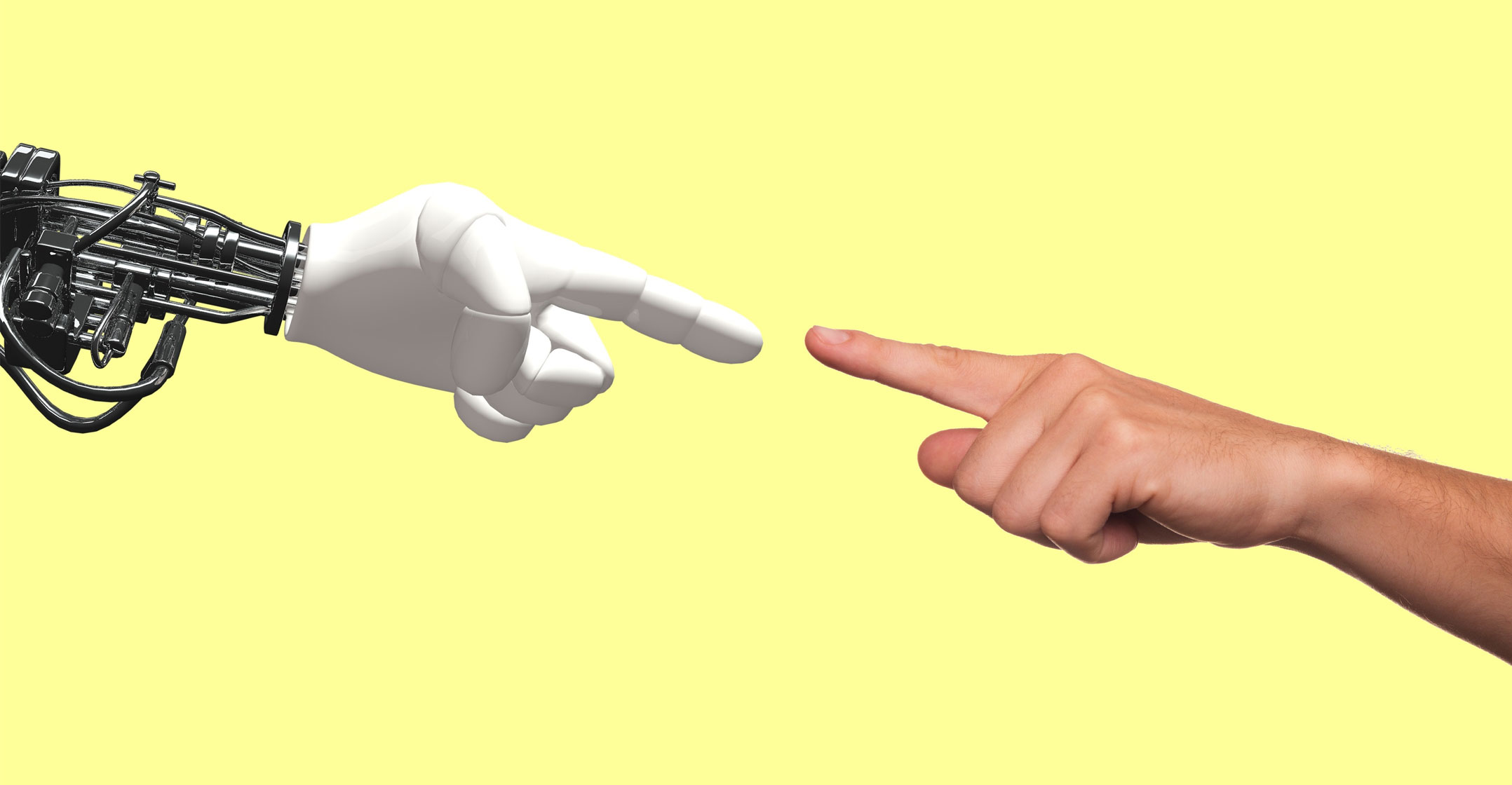 For decades, authors and futurists have predicted a time where machines will take over the workforce, and our world will be one where day-to-day drudgery is eliminated, replaced with endless leisure and nearly limitless freedom to do what we want, when we want.
For decades, authors and futurists have predicted a time where machines will take over the workforce, and our world will be one where day-to-day drudgery is eliminated, replaced with endless leisure and nearly limitless freedom to do what we want, when we want.
However, gearing up for a world without work means coming to terms with the roles work plays in society, and finding alternative ways to spend our time. For one, we rely on work for our purchasing power, and our ability to buy the goods and services we need to survive. But soaring productivity will provide us with all we need at near-zero cost, because if the abilities of the machines continue to exceed our expectations, and the cost of computing gets lower and lower, life’s necessities and luxuries alike will be within our grasp.
And make no mistake, technology advances, including robotics, artificial intelligence and machine learning, are heralding this new age of automation, where we are seeing machines outperforming human resources in a variety of tasks, and not only the laborious, manual tasks, ones that need cognitive input too. The value, power and efficiency of automation isn’t about its ability to replace people, it does the opposite. It stresses how central and critical human insight and expertise are to success.
Automation, particularly intelligent automation, can allow organisations across the board to boost performance, by increasing accuracy, reducing errors, and boosting efficiency and quality. Look back to the Industrial Revolution, which shifted the entire world from an era where things were made by hand, to the time of the production line, of upsizing and production cycles. This had a core effect on how the world’s economies began to grow, highlighting how automation in the future, will boost productivity, as it has done in the past.
There are few occupations that could not benefit from automation. In fact, more occupations will change through automation, rather than disappear entirely. And while automation lends itself to physical occupations, in environments that are predictable and structured, as well as the obvious collecting, processing and analysing of data, most occupations have elements that could be automated.
Displace, not replace
It’s a question of “displace” rather than “replace”. The World Economic Forum released a report that revealed that robots and algorithms would “vastly improve” the productivity of current jobs and lead to many new ones in the coming years. This will see the rise in jobs such as data scientists and app developers as well as those that need characteristically human traits that are found in the teaching profession.
As a result, we would see more data analysts, software developers and social media specialists, as well as job roles based on “distinctively human traits” such as customer service workers and teachers. Critical human insight and expertise will always be integral to success, because human beings weren’t designed to work, they were designed to think and create.
Individuals who are displaced by automation will find other ways to keep gainfully employed, much in the same way the Industrial Revolution shifted job roles from agriculture to manufacturing, which bought with it a slew of previously unimagined jobs.

Fear-mongering that incites the belief that technology is an ever-encroaching threat that will only make the rich richer and the poor poorer, limiting opportunities and stealing jobs, simply isn’t true. While the naive may jump on the bandwagon, the savvy realise that any innovation doesn’t take away or simply add on another layer: it multiplies. It brings an exponentially higher number of opportunities than it takes away.
There is also the erroneous belief that automation will only replace the jobs that nobody wants to do, or the ones that aren’t important. Everyone who has to put food on the table values the job that helps them provide for their families. Instead, the rise of automation will see tasks that need no reasoning, common sense, or thinking taken over — those that are outdated, repetitive, precise and controlled.
There are many causes of wage stagnation and job loss, but technology isn’t one of them, although it is frequently used as the scapegoat. The priorities of our educational system, the impact of rapid globalisation, poor economic climates, funding priorities and an increasingly volatile political climate are the real culprits. Technology brings real ways to address these challenges; blaming innovation will get us nowhere.
But there are social impacts to be considered, too. While for business the performance benefits of automation are straightforward, the benefits for individuals are a little murkier. There will be an impact on employment, and there will be a need to manage the shift in mindset, rethink education and training, as well as offer income and transition support to those affected. People in the workforce will also need to learn to engage with machines as an integral part of their jobs and will need to develop new skills appropriate to the automation age.
Cognitive capabilities
Automation is far from a new phenomenon, and despite its promises it has raised as many questions as it has answered. Nevertheless, it has the potential to change the daily work activities of almost all of us, from bankers and designers, to factory workers and gardeners. Let’s face it: robots can not only perform a variety of routine physical activities more cheaply and faster than we can, they are being built with the ability to do things that require cognitive capabilities, such as making tacit judgments, driving and sensing emotion.
The benefits will be numerous, at human level, business level and for the entire economy, where productivity acceleration is essential to survival.
- Jacques Malherbe is chief technology officer at Axiz




